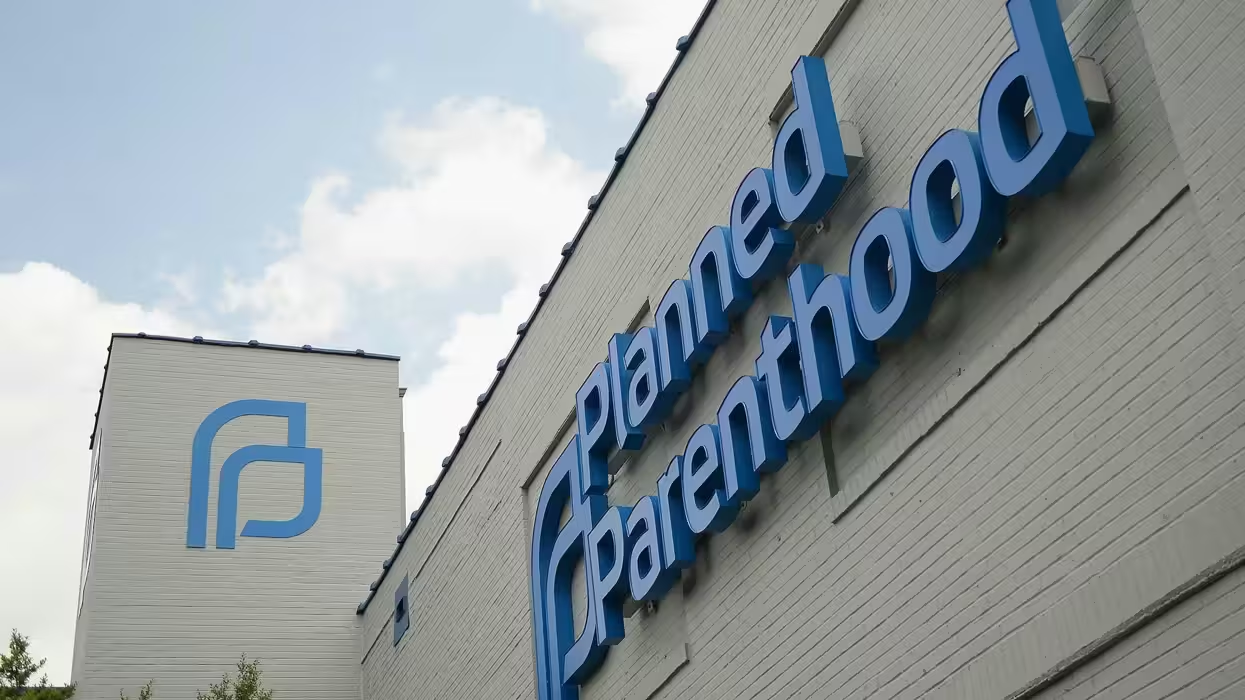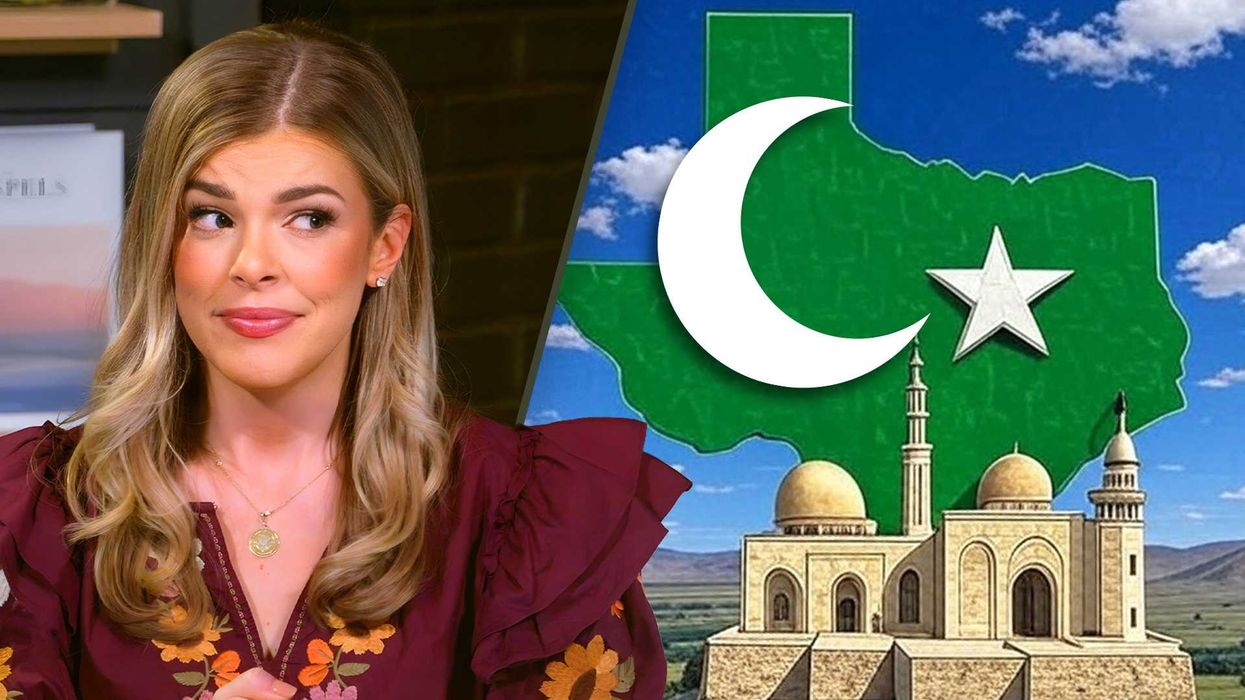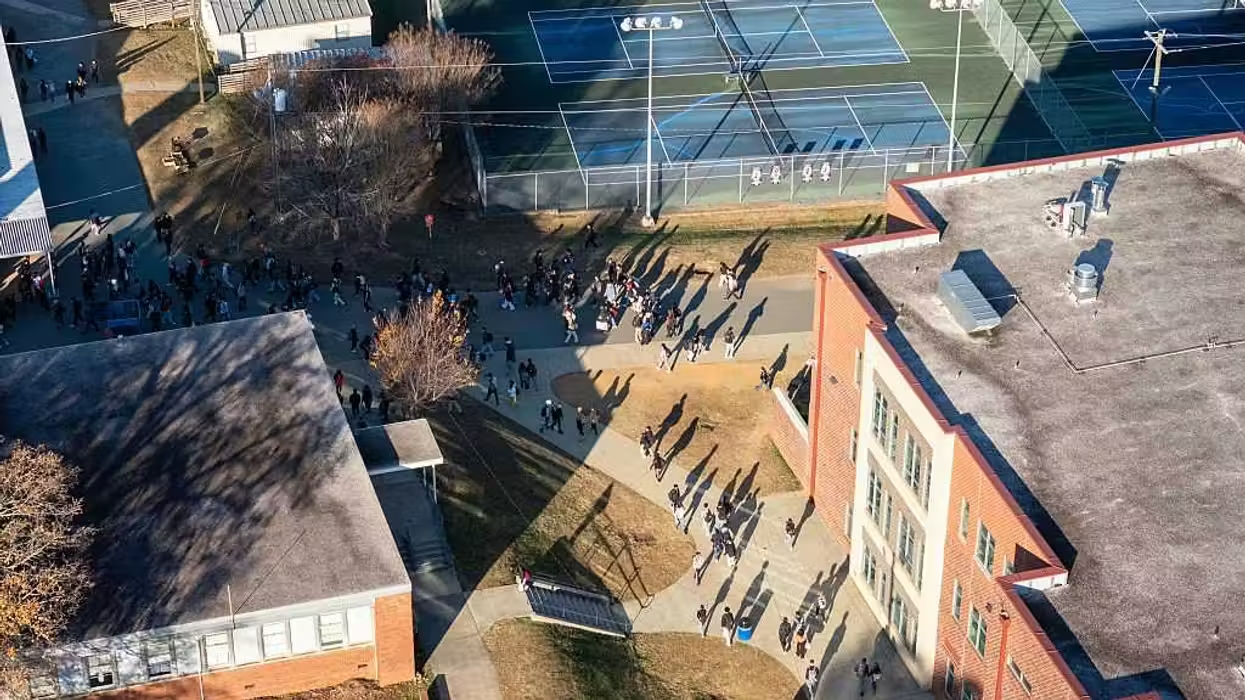
© 2025 Blaze Media LLC. All rights reserved.

Last month, we reported that President Barack Obama had rejected plans for the Keystone XL pipeline project, which would have brought a large oil pipeline across the U.S./Canadian border that some said would have carried 700,000 barrels worth of crude oil per day from the Canadian oil sands to refineries near the Gulf of Mexico.
Now, TransCanada, the company who applied for the 1,700-mile pipeline, has released a statement saying a portion of the pipeline will be built anyway.
(Related: Is this the reason Obama said 'no' to the Keystone Pipeline?)
Here's how it read in a statement from the company:
[...] what had been the Cushing to U.S. Gulf Coast portion of the Keystone XL Project has its own independent value to the marketplace and will be constructed as a stand-alone Gulf Coast Project, not part of the Presidential Permit process.
TransCanada reports President Obama supporting this portion of the project in his January statement, which said:
"In the months ahead, we will continue to look for new ways to partner with the oil and gas industry to increase our energy security -- including the potential development of an oil pipeline from Cushing, Oklahoma to the Gulf of Mexico."
TransCanada also announced yesterday that it was re-applying to construct the whole of the pipeline from the U.S./Canada border in Montana to Steele City, Nebraska.
"Our application will include the already reviewed route in Montana and South Dakota," Russ Girling, TransCanada's president and chief executive officer, said in a statement. "The over three year environmental review for Keystone XL completed last summer was the most comprehensive process ever for a cross border pipeline. Based on that work, we would expect our cross border permit should be processed expeditiously and a decision made once a new route in Nebraska is determined."
"The Gulf Coast Project will transport growing supplies of U.S. crude oil to meet refinery demand in Texas," added Girling. "Gulf Coast refineries can then access lower cost domestic production and avoid paying a premium to foreign oil producers. This would reduce the United States' dependence on foreign crude and allow Americans to use more of the crude oil produced in their own country."
The group states that its re-application for the project is supported by President Obama's January comments as well, in that he said his rejection of the pipeline was not due to its merit but a restrictive timeline in which to make a decision. New Scientist speculates that given the administration's support for the Oklahoma-Texas pipeline, approval of the full Keystone project may not be too far behind. Although, it does note that this portion does not include areas that were controversial with environmentalists, such as the Nebraska Sand Hills or the Ogallala aquifer, which services communities in eight states.
White House press secretary Jay Carney said Monday that Obama was pleased with TransCanada's latest announcement.
"Moving oil from the Midwest to the world-class, state-of-the-art refineries on the Gulf Coast will modernize our infrastructure, create jobs, and encourage American energy production," Carney said in a statement.
House of Representatives Speaker John Boehner called the White House comments puzzling.
"The president is so far on the wrong side of the American people that he's now praising the company's decision to start going around him," Boehner said, adding that Obama "can't have it both ways. If the president thinks this project is good for America, he knows how to make it happen right away. Until he does, he's just standing in the way of getting it done."
Susan Casey-Lefkowitz, international program director for the Natural Resources Defense Council, said the new, shorter pipeline was "a ploy" to avoid State Department review of the Keystone XL project, which she said would raise U.S. oil prices, send tar sands oil overseas, endanger U.S. homes and waters and contribute to worsening climate change.
The Associated Press contributed to this report.
Want to leave a tip?
We answer to you. Help keep our content free of advertisers and big tech censorship by leaving a tip today.
Want to join the conversation?
Already a subscriber?
more stories
Sign up for the Blaze newsletter
By signing up, you agree to our Privacy Policy and Terms of Use, and agree to receive content that may sometimes include advertisements. You may opt out at any time.
Related Content
© 2025 Blaze Media LLC. All rights reserved.
Get the stories that matter most delivered directly to your inbox.
By signing up, you agree to our Privacy Policy and Terms of Use, and agree to receive content that may sometimes include advertisements. You may opt out at any time.





